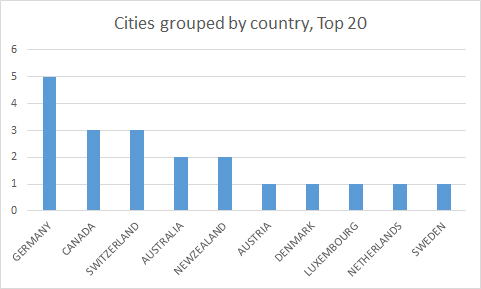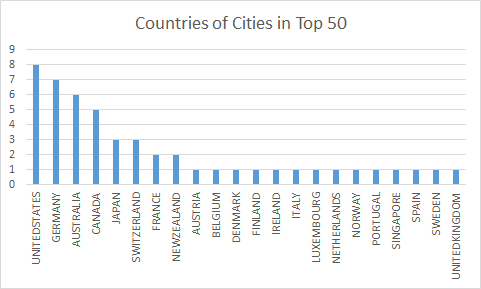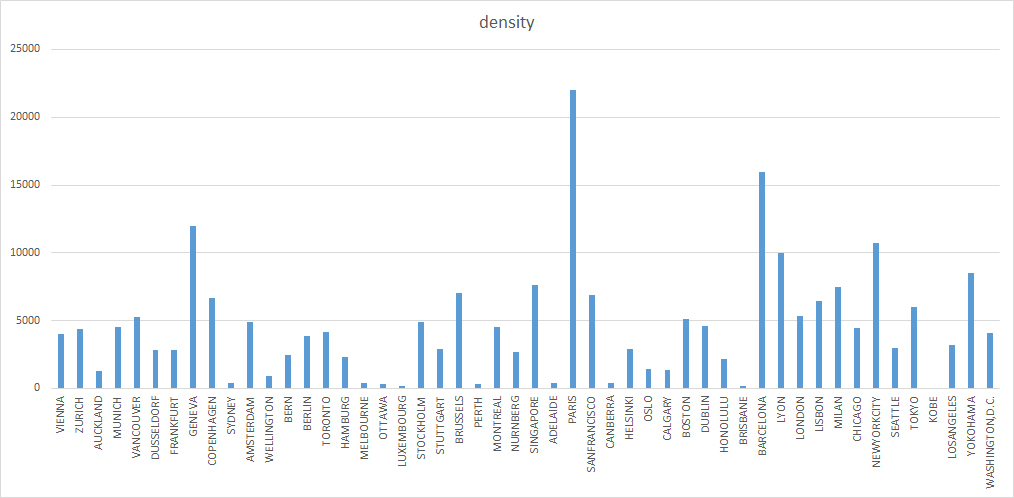Google rolled out updated bookmarking to the main version of Chrome lately. It arrived on my desktop a couple of days ago.
I do not usually spend much of my time checking out Chrome betas so I was unaware that this functionality – I use the word reservedly – had been a part of Chrome betas for the last year. I could be obnoxious and say I don’t need it and I didn’t want it. But more to the point, I haven’t worked out what utility it adds for me at all.
I first discovered Google’s Chrome team had done something with book marking when someone on Facebook complained that it now took them 4 clicks to book mark stuff. This was a warning.
I use bookmarks quite a bit. They are also reasonably well organised and I have an overview of how they are organised. All I really want from them is a list of websites and whatever their browser address button icon is. Oh, and I want as much of an overview of them as possible.
This is not possible with what Google have done. They’ve replaced list of bookmarks with tiled icons of images pulled from the site. This is a chronic waste of space and vastly reduces the amount of useful information you get on a single page. This is the default.
For anyone who has bookmarks sorted in folders, the folder list display now has a significant amount of white space between the folder names, effectively halving the number of folders that you can have an overview of any one time.
In addition, they have gotten rid of the folder tree option, which, if you’ve actually organised your bookmarks into folders and subfolders, means there’s a lot of information you cannot access any more. Subfolders appear as tiles on the righthand side of the dividing bar instead.
Google have provided a list view. However, this still doesn’t give you the tree overview, and more to the point if you are clicking on subfolders, the change of display from one subfolder to its contents and vice versa is animated. It is enormously distracting and I hate it.
The interface for bookmarking items via the star icon in the browser bar has been changed and now includes a large image which is not exactly necessary, clutters the interface and wastes space.
There is a method under the hood where you can configure Chrome not to use this clinically insane change – it’s not a user enhancement – and I will apply it. But I cannot count on Google to leave that backdoor option in place.
It’s one thing to provide what they think is enhanced utility (and it is entirely likely that for some people, the tiles display is useful – it just isn’t for me as I prefer a tree list and set of icons instead and they don’t need to be animated.
Other complaints include the fact that you can no longer sort bookmarks alphabetically. Google expects you to search these things, you see.
Google have a product page where this is being discussed. Feedback is universally negative. They have said they want feedback through the gears icon in Bookmark Manager where apparently 25% of the feedback is positive. That’s still a lot of negative feedback.
Ultimately, Chrome is Google’s product, and they provided it for free so yes, if they want to make changes that annoy the wider user community, they can. It is also unclear whether enough of the wider community is impacted by this. The extent to which people use bookmarks varies, and the underlying methods by which people use them varies. Google is happy enough to annoy a few million people when it suits them (Google Reader is a key example of that). Presumably, they are going somewhere with this that is not completely clear to Chrome users at the moment. I’d have to hope they are because otherwise, they’ve foisted a change for changes sake, reduced and wrecked usability, all for the sake of shiny and new.
The thing is, it’s possible that in fact, the sake of shiny and new is what drove this. The technology sector has forgotten that it’s basically a support industry and thinks it’s now a disruptive industry.



